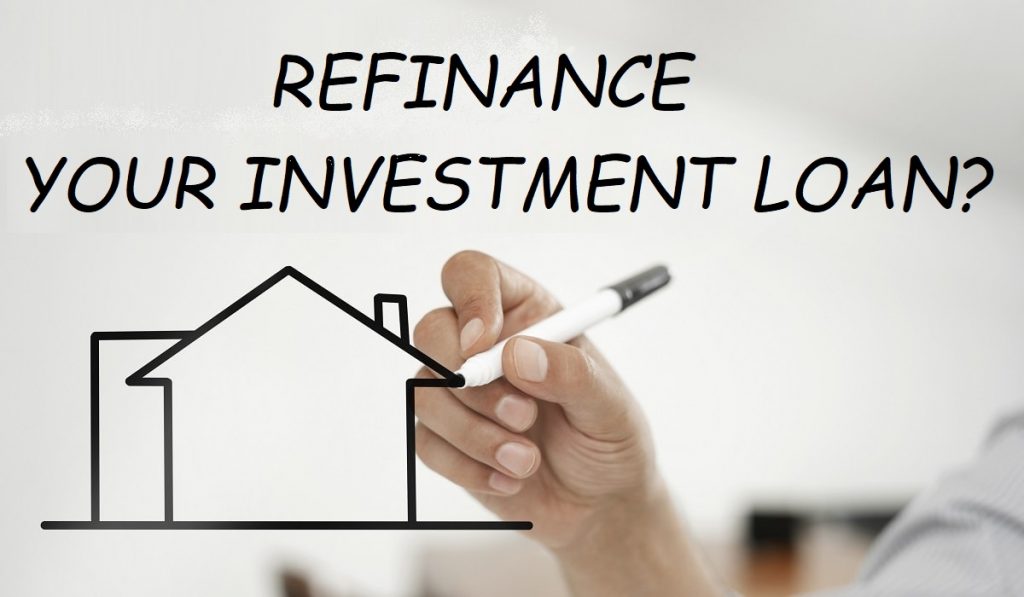At the moment, interest rates are at record lows, so it could be a good time to consider refinancing your mortgage.
There are quite a few advantages to refinancing. Of course, the most common reason is to get lower repayments. There may also be special refinancing offers or additional loan features such as an offset account which may not be present in your current loan. While all these bonuses are tempting, there are key things you need to consider before refinancing your home loan. In this article, we outline what you need to look out for.
Beware of the cost
If you’re in a fixed loan – there’s always fees to get out of the rest of your fixed term and this often defeats the purpose of changing to save on money. so make sure you’re loan is able to be refinanced first. Depending on your lender, a new loan can involve costs such as application fees for the new loan or discharge fees on your current loan. These fees add up, especially if you regularly look to take advantage of lower interest rates and special deals. While these rates may be attractive, the fees to keep changing could render any of your savings redundant so keep that in mind.
Choosing when to refinance
There are times when refinancing can be particularly helpful. If you’re thinking of renovating your investment / freshening it up between tenants and you’re in need of liquid funds – you might use equity in your asset to access money. Refinancing your loan can help you achieve that. Just make sure you understand how accessing this equity is going to impact your new loan first and keep time frames in mind. Sometimes a higher interest rate personal loan over 5 years compared to a lower interest rate loan over 30 years works out much cheaper! Also, make sure you speak to your accountant and your property manager – the accountant can tell you how this will affect your tax while your property manager can tell you whether the refresh is worth it! (not all renovations help you achieve a significantly higher rent return or higher sales value).
Lenders mortgage insurance (LMI)
As most home owners know, you would need to pay lenders mortgage insurance (LMI) if you borrow more than 80 per cent of your property’s market value when you refinance. Even if you previously paid LMI on your current loan, you’ll still need to pay it on the new loan if your loan to value ratio is equal to or greater than 80 per cent – this can put a massive dint in your long term goals even though you may be getting lower repayments at the start so think carefully on this one. Personally, I’d avoid it and wait until I had enough equity to have my 20% – but that’s my circumstances.
Check your credit rating
If your credit rating isn’t strong, it may not be worth refinancing. Have a long hard think – have you been paying your bills on time? Have you ever defaulted on a payment before? Do you know what it is?
There are plenty of places you can check your credit rating (usually so they can get your details to market loans to you so keep that in mind). If your score is low, then be aware, the application to refinance will also impact your credit score. This will reduce your bargaining power for future loans if you get knocked back now so there are some circumstances where it may be more suitable to stick with your current loan.
Refinancing can be a big decision. If you go ahead, you’re replacing your current home loan with a new one, so make sure you complete your due diligence and make an informed decision. As always, speak to a professional – such as a mortgage broker or your accountant so you can make sure refinancing fits your financial situation. Speak to a property management specialist like us if you do not yet have one of these professionals in your corner – we always have connections to recommend!
Note, this article does not constitute financial or legal advice. We’re just here to get your thought processes started!

